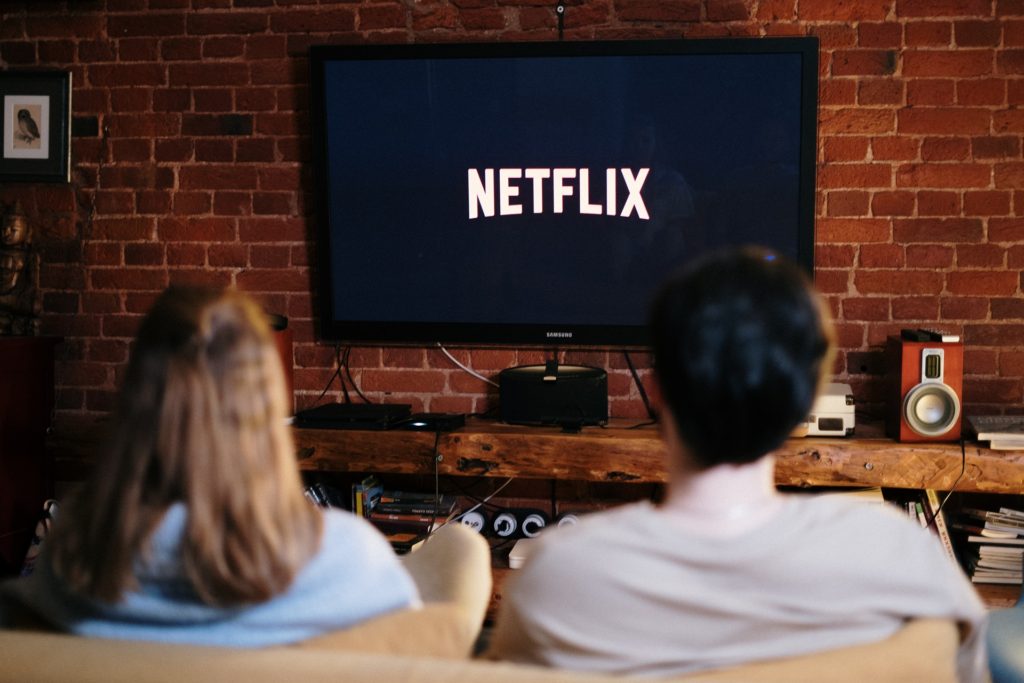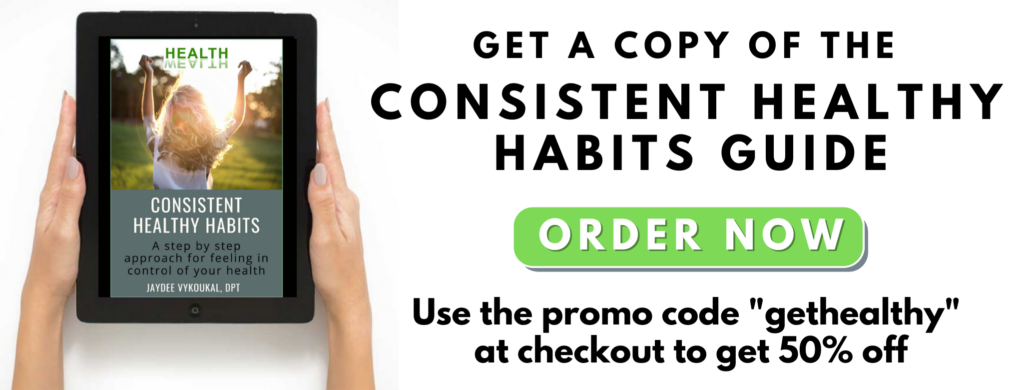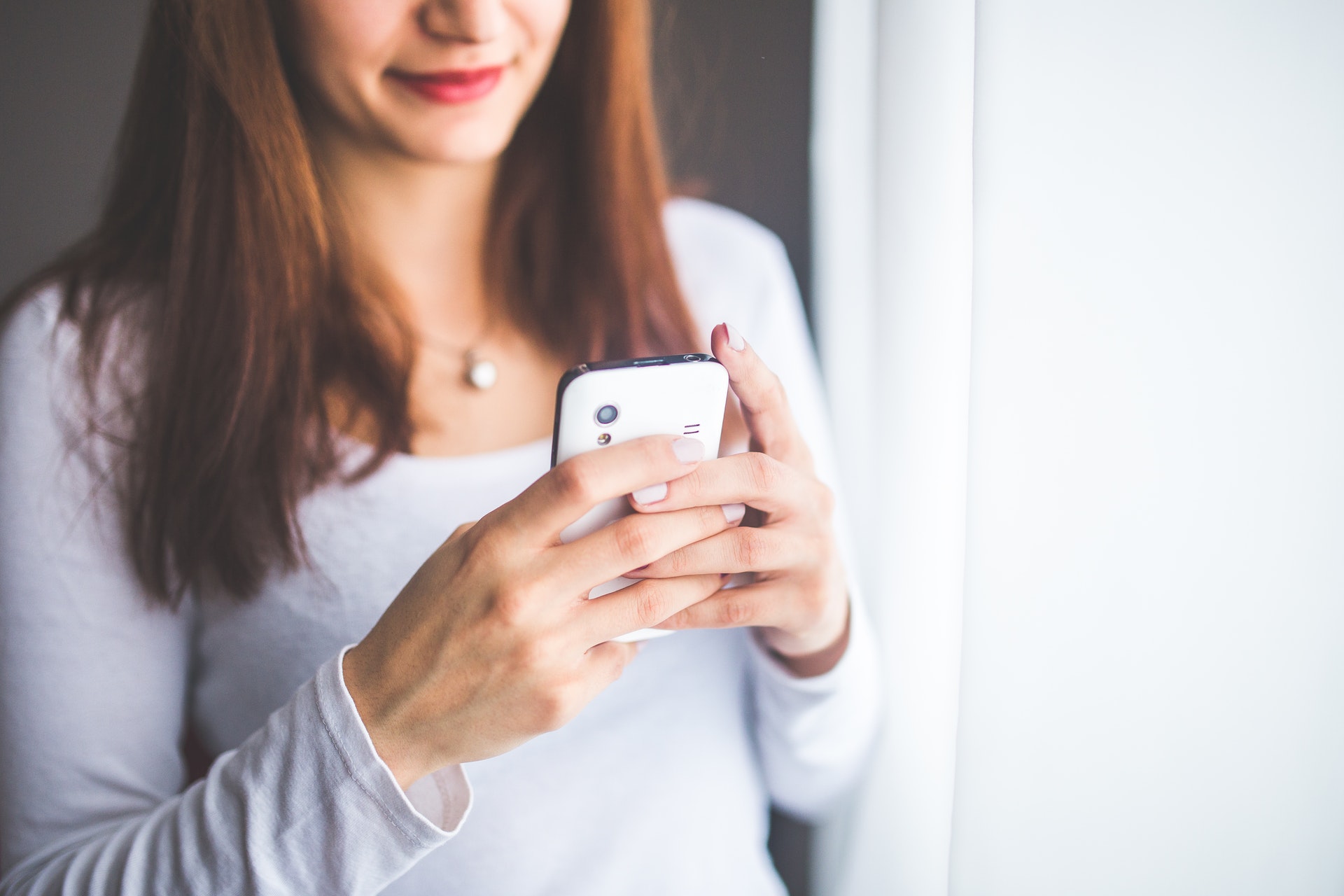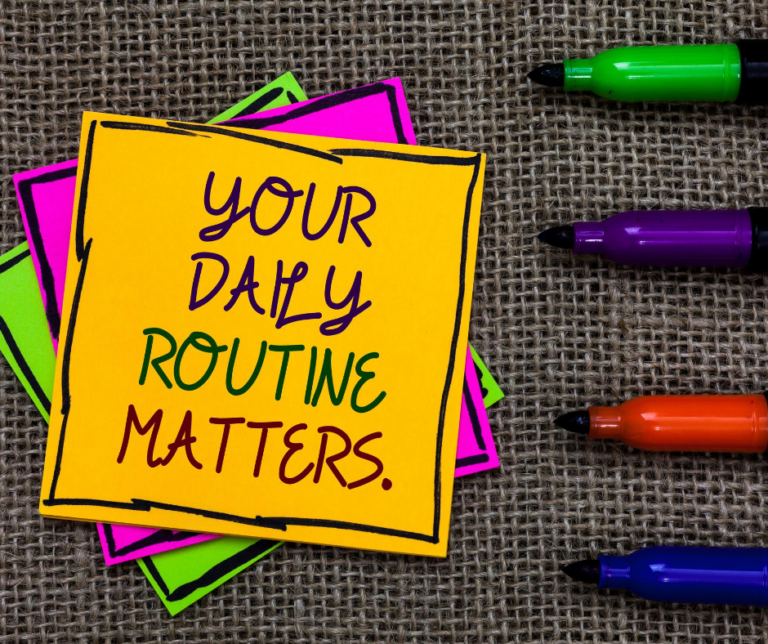How to Do a Screen Detox or Social Media Detox
I have done a few screen detox and social media detox challenges this year- and I’ve felt pretty great after each one with new clarity on my life priorities.
Let’s rewind to my life 2 years ago. As soon as my alarm goes off, the first thing I do in the morning is check my notifications on my phone, and then I go to read my emails or end up on one of the social media platforms while eating breakfast.
This is a common morning routine for most of us. Does it sound familiar to you? Is it how you start your days? Looking at a screen?
Especially now, during the pandemic when social-distancing became essential, our screen usage reached a very high level. We constantly check our phones out of both necessity and boredom.
Doing a screen detox or social media detox could improve your life as excessive screen usage has a negative impact on people’s life. If you don’t know how to start, don’t worry! There are many effective ways to decrease screen time.
Related read: Simple Self-Care Strategies That Work

The negative effects of screens
If you spend too much time in front of your phone, laptop, or TV, you may experience several negative effects on your life and your body.
Sleep problems
The blue light emitted from your electronic devices suppresses melatonin (sleep hormone) that is produced by your brain as a response to darkness. This can keep you from having a good night’s sleep.
Also, while surfing on social media, we tend to lose track of time. Suddenly it’s way past bedtime and keeps you from getting ehough sleep each night.
Related read: How to Improve Your Sleep Habits
Sedentary lifestyle

Heavy phone, computer or TV use can lead to a sedentary lifestyle with limited physical activity. This lifestyle can not only result in weight gain, but it can increase the risks of heart disease, diabetes, chronic neck, back pain and more!
Our bodies aren’t made to sit around all day staring at a screen, that’s for sure!
Related read: The Power of Exercise
EMF exposure
Your mobile phone, computer, Wi-Fi router, and many other electronic devices create EMFs (electro-magnetic fields). There is a disagreement about how EMF exposure affects the human body. However, the WHO’s International Agency for Research on Cancer (IARC) classified EMF’s as “possibly carcinogenic to humans”. Some studies show that EMF exposure can cause sleep problems and mood disorders as well.
Related read: 10 Habits of Health That Are Easy to Add to Your Routine
Anxiety and Depression
The more time you spend in front of screens, the more likely you are to feel anxious and depressed. Social media can give us that illusion that other’s people’s lives are better. The news can paint the world in a forever negative light. It can replace real human connections. And on… there’s a lot to get caught up in!
In some cases, the negative effects can be quite serious, your emotional wellbeing and mental health can be at stake. If you often feel sad or anxious, I advise you to consider doing a screen detox as soon as possible.
Related read: How to Maintain a Healthy Lifestyle in these Crazy Times
Addiction
Maybe it will sound unbelievable to you, but your electronic devices can make you addicted. You can feel the same kind of cravings like drug or gambling addicts have. You can have an addiction to constant gratification and getting approval from others on social media.
Just think about the last time you posted a photo of yourself on Instagram? Did you go back to the post every 5 minutes to check how many people liked it and what your friends commented on it? Then you know what I’m talking about. This is called reward-seeking that can play an evil game with your brain.
Related Read: 3 Tiny Habits of Health That You Can Start Today
Steps to do a screen detox or social media detox
According to a screen study conducted in the USA, before the pandemic, an average adult in the USA spent 17 hours daily staring at screens (smartphone, laptop, TV, gaming). On average a person used his/her mobile phone for more than 4 and a half hours a day.
As the lockdown started, screen time started to increase: now people use their electronic devices 2 hours more every day. The daily mobile phone usage is more than 5 hours. These numbers are shocking, aren’t they? Let’s see what you can do to decrease daily screen time.

Put away your electronic devices at certain times of the day
One of the best ways to cut screen time is to put away your smartphone or laptop at certain times of the day. You decide how long you would like to make your no-tech time. Some people prefer to make 1-hour blocks multiple times a day. Others use the 8-8 rule, which means that they don’t use their mobile phones before 8 am and after 8 pm.
Even some of the most successful businessmen keep their phones out of the bedroom at night. The key is to keep them out of sight so that you aren’t tempted to get on it.
Related read: 30 Day Challenge Ideas for Building Good Habits
Disable your notifications
Notifications have a huge role in keeping your screen time high. Most of the time if you get a notification, you go to check it. It is hard to resist, isn’t it? Disable your notifications to those applications that can wait: Facebook, Instagram, TikTok, etc. Like this, they won’t disrupt you every two minutes.
Personally, I’ve also removed all nonessential apps (aka Facebook and Instagram) from my main screen. I have them on page 3 so that they’re hard to get to and aren’t constantly enticing me to click on them.
Related read: Top Bad Habits List- And How to Change them for Good
No phone when spending time with others

It can help also if you put away your phone while spending time with your family members or friends. You don’t need to stare at your phone all the time. Rather enjoy the time you can spend with them together, talk with them.
Take some time to be aware of your surroundings! Whether it’s in an airport, at the store, or anywhere else- taking some time to be in the moment is always good for your mental health.
Related read: How to Be More Present Every Day
Increase technology-free activities
Try to increase your technology-free activities, do something that doesn’t require a screen. Go for a walk, ride a bike, read books, or find a new hobby, it doesn’t matter what you do as long as it replaces the endless scrolling and boost your joy.
As you start to decrease your screen time, you will realize how much free time you will have. One or two extra hours a day can mean a lot! Spend it wisely, far from electronics.
Related read: How to Choose Happiness for a Better Life

Draw a sharp line between helpful and harmful screen time
Not every minute spent staring at the screens is bad. It is important to draw a sharp line between helpful and harmful screen time. Helpful can be watching workout/cooking videos, using language learning apps, or getting your work done. These activities are okay, there is nothing wrong with them. They can improve your life.
Harmful screen time can be obsessively checking social media just because you are bored, or binge-watching Netflix to avoid your to-do list. Of course- it’s okay to enjoy these too as long as you know where to draw the line for your health and well-being.
If you become aware of and know the difference between the two, you can easily decrease the harmful screen time.
We can lose a lot of valuable time staring at the screens. From time to time it is good to do a screen detox. You can reevaluate what is important and you may notice that the constant scrolling doesn’t add anything to your life. It is better to do something useful.
How much time do you spend a day staring at your phone?








Thanks again for the blog article. Really looking forward to read more. Dorolisa Faber Hermes